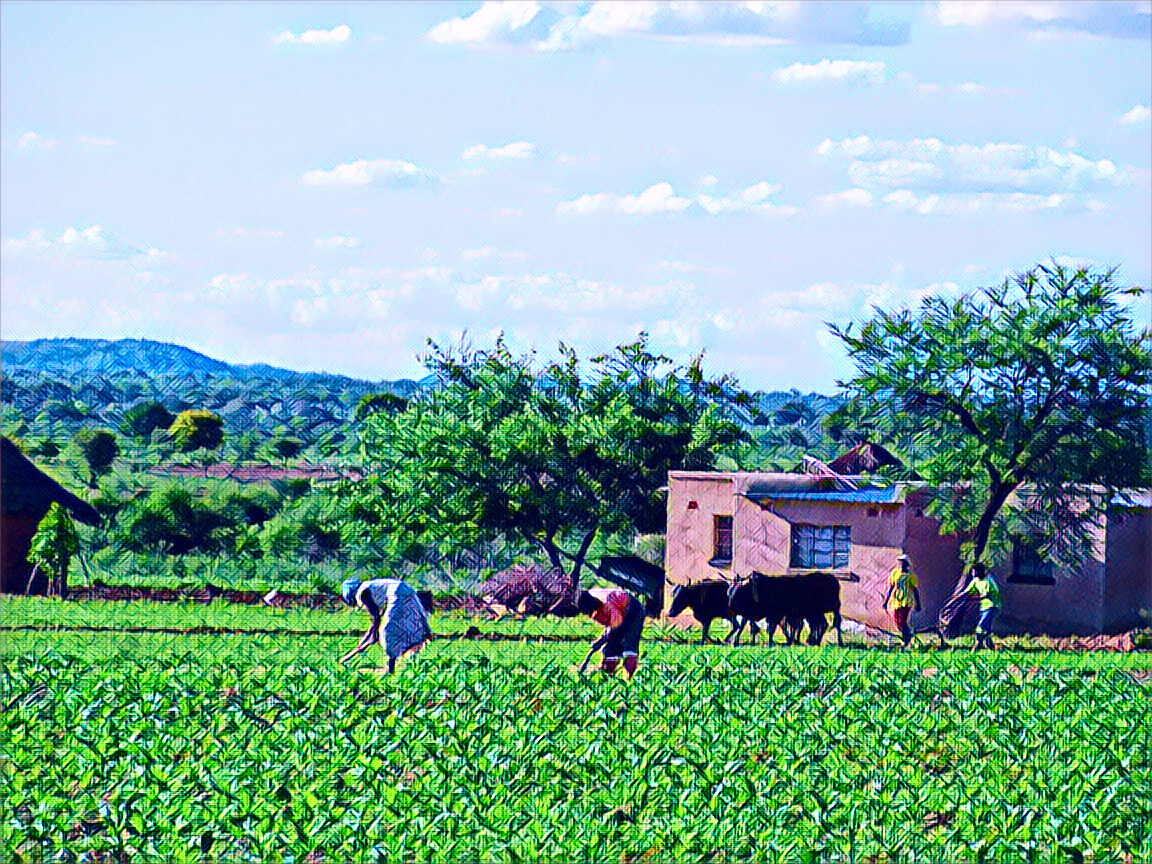KEY POINTS
- Zimbabwe will compensate 444 White farmers for land improvements after 2000 land seizures.
- The government has allocated $35 million for the initial payments under a 2020 agreement.
- Compensation will also be provided to farmers from five European countries whose land was protected under BIPPAs.
Zimbabwe is set to begin compensating White farmers whose land was seized during the country’s controversial land reforms in 2000. The government has approved 444 former commercial farm owners to receive payments for improvements made on their properties before being evicted, as part of an agreement reached in 2020.
Government moves forward with compensation
In a statement released on Wednesday, the government confirmed it had allocated $35 million in the 2024 budget to compensate the farmers.
This is part of the broader Global Compensation Deed, which was signed four years ago and promised to provide restitution to 4,000 White farmers whose land was forcibly taken.
Since the signing of the agreement, the Zimbabwean government has struggled to meet its payment obligations, with deadlines often missed.
In May, it was revealed that about 1,300 farmers had signed up for compensation, which is expected to be paid through 10-year treasury bills, with a total estimated cost of $3.5 billion.
Compensation for international farmers
In addition to compensating domestic farmers, Zimbabwe will also pay those from European countries, including Denmark, Switzerland, Germany, the Netherlands, and the former Yugoslavia, whose properties were seized despite being protected under bilateral investment protection agreements (BIPPAs).
The government has set aside $20 million in this year’s budget to cover 92 farms owned by foreign nationals.
According to New Zimbabwe, these payments will compensate both for the land itself and the improvements made on the farms.
Broader financial implications
These compensation payments are a key part of Zimbabwe’s efforts to restructure its $21 billion debt after defaulting in 1999.
The government recently confirmed that it had hired advisors to assist with the debt restructuring, including Global Sovereign Advisory and Kelper-Karst, with support from the African Legal Support Facility.
The government described the compensation and debt restructuring process as crucial to addressing Zimbabwe’s long-standing debt challenges, which remain a significant obstacle to the country’s economic development.


